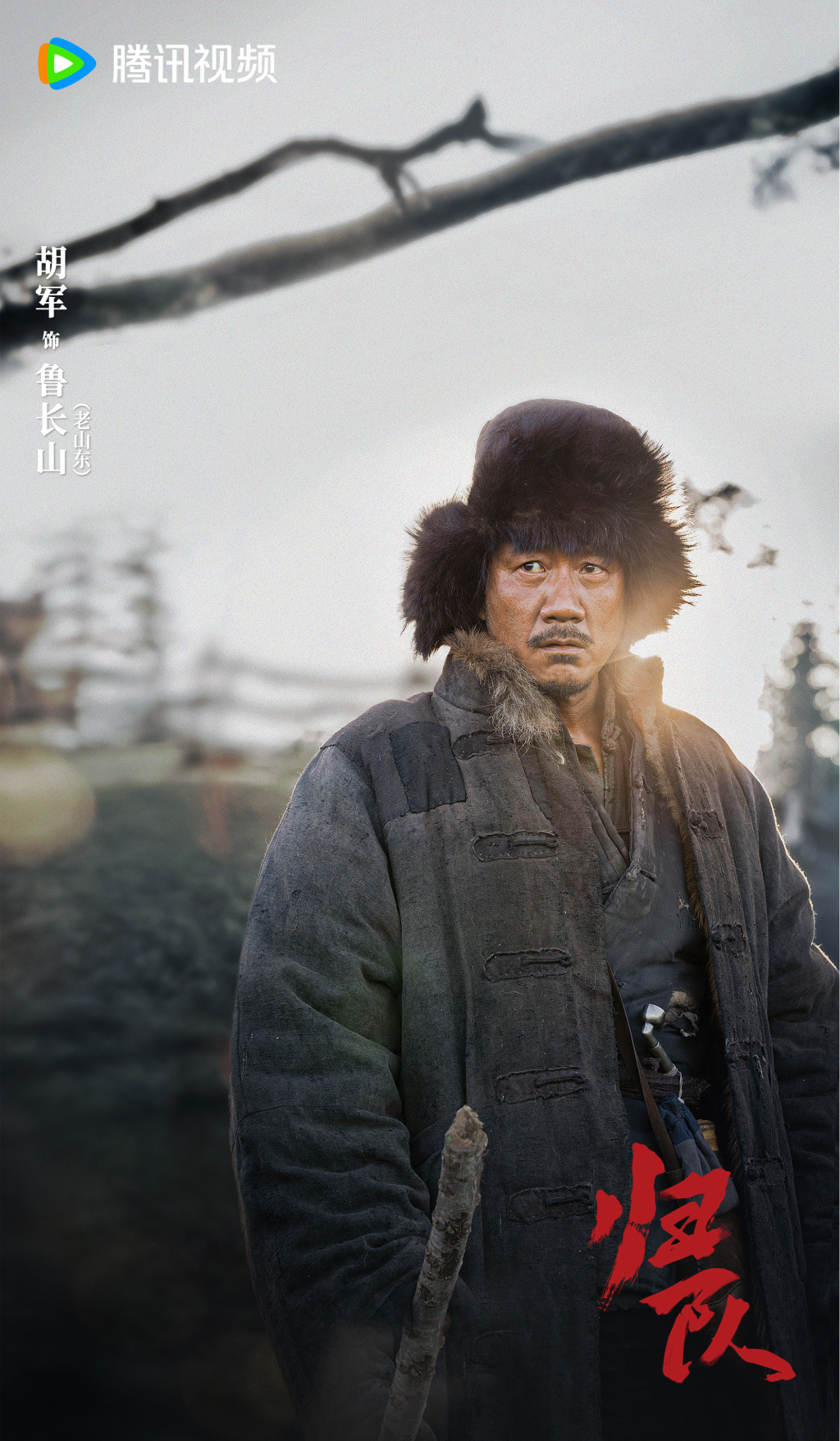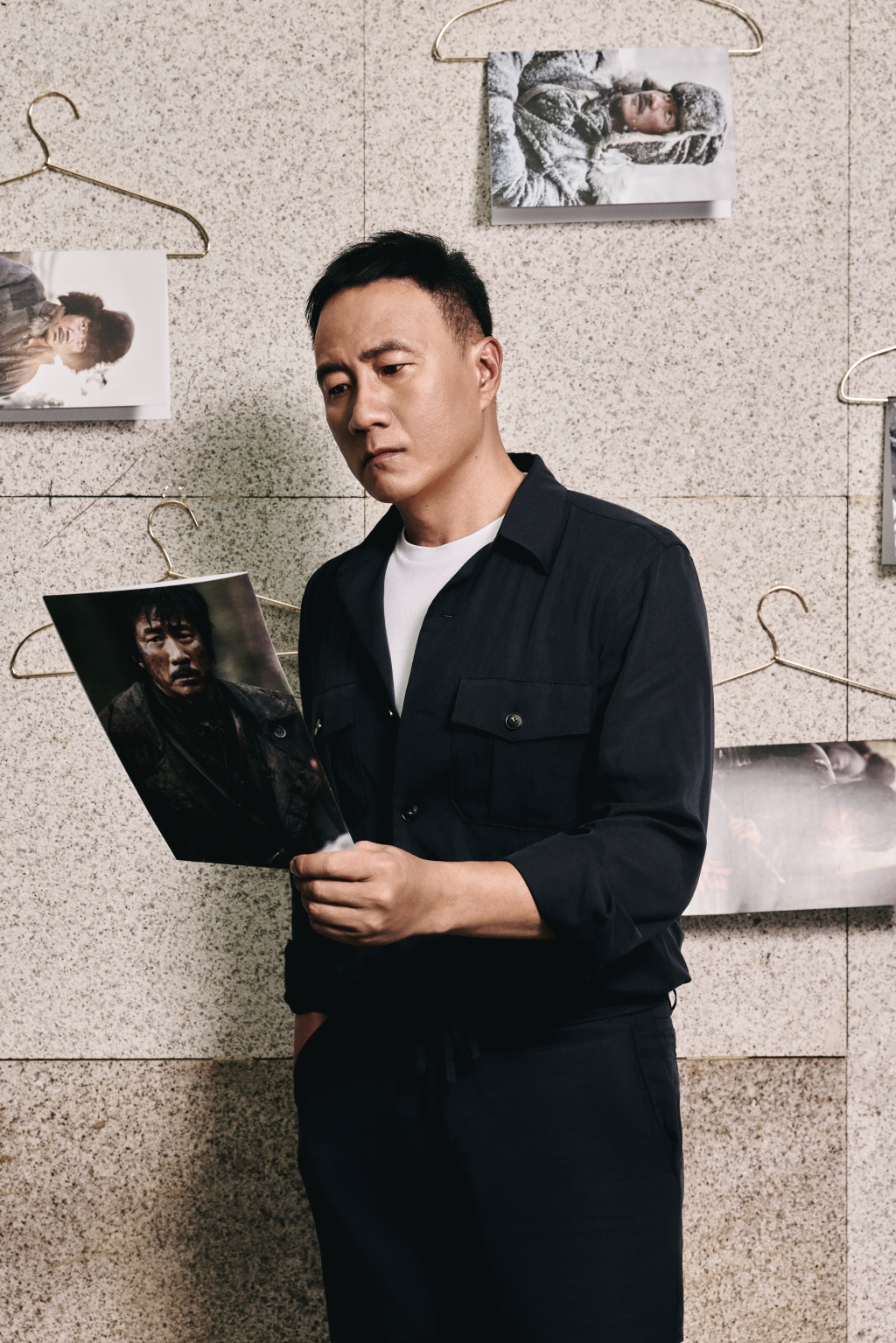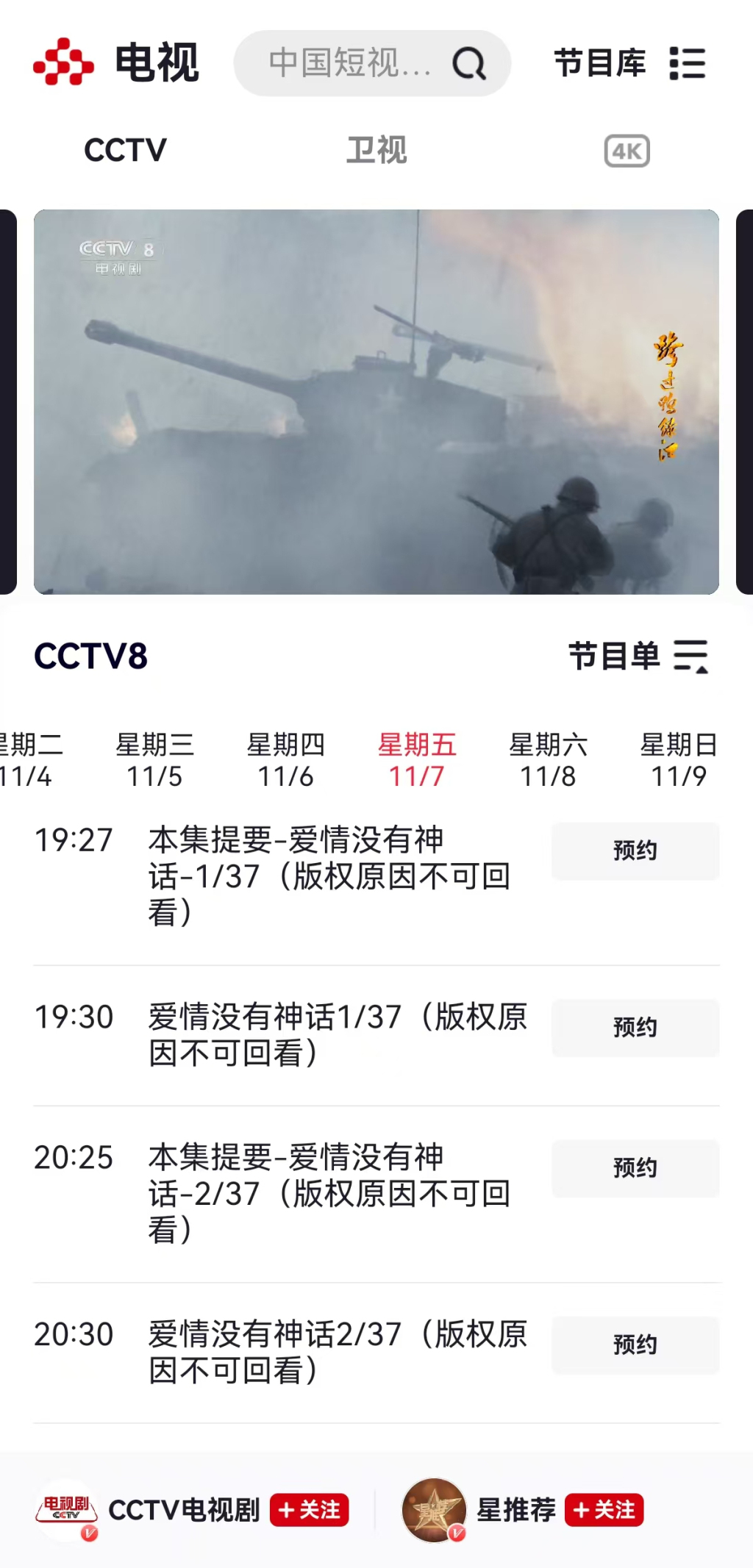
On August 25, the TV series "Return to the Team" officially premiered on CCTV-8. As a key drama commemorating the 80th anniversary of the victory of the War of Resistance Against Japanese Aggression, "Return to the Team" recreates the Northeast Anti-Japanese United Army's 14-year struggle against the Japanese invaders from the perspective of ordinary Anti-Japanese United Army soldiers.
On the day the show premiered, Hu Jun, who plays Lu Changshan (also known as Lao Shandong), the platoon leader of the Anti-Japanese Allied Forces, posted a heartfelt essay on Weibo: "For me, the role of 'Lao Shandong' is more than just a performance; it's more like a 'spiritual dialogue.' As he led his squad forward, his feet were stiff, his stomach was empty, but his heart was always burdened with a heavy weight—the responsibility to his comrades, the concern for his hometown, and the belief in victory. This experience allowed me to truly feel the warmth of the Anti-Japanese Allied Forces spirit."

Hu Jun as Lu Changshan (Old Shandong)
To embody the character of a soldier of the Anti-Japanese Allied Forces, Hu Jun lost 37 kilograms before filming. He transformed from the 190-plus-kilogram boat captain in "Northbound" to the 150-plus-kilogram Old Shandong in "Returning to the Team." In the drama, Old Shandong is the backbone of the Anti-Japanese Allied Forces. Hu Jun describes this captain as "both a father and a mother," revealing a soft, protective side beneath his tough exterior.
On the evening of the premiere of "Return to the Team," Hu Jun gave an exclusive interview to The Paper. He admitted that he was very much looking forward to collaborating with screenwriter Gao Mantang, and after reading the script, he was "ecstatic," as "Return to the Team" tells the story of a group of ordinary people's tragic and tearful experiences during the 14-year War of Resistance Against Japanese Aggression. In his opinion, the highlight of "Return to the Team" is the flesh-and-blood ensemble drama, "writing about a group of ordinary people, using small details to see the big picture, and each person's experience is different."
The crew filmed over three months, traveling across Liaoning and Jilin, shooting dozens of key characters and nearly 1,400 scenes in the snowy wilderness at -30°C, overcoming both physical and mental challenges through real-life action. Hu Jun also exclaimed, "The biggest challenge wasn't the role, but the environment."
Talking about the veteran actors he collaborated with in the play, Hu Jun praised them highly: "Their participation is the perfect finishing touch and adds luster to the work. These teachers are not just helping out with guest appearances, but have devoted themselves wholeheartedly, injecting fresh vitality into the play. Each of their roles is irreplaceable."

Actor Hu Jun
【dialogue】
Talking about the role: Pure and complex, tough guys also have soft spots
The Paper : Could you please tell us about the opportunity that led you to take on the role in "Return to the Team"? What was the most appealing aspect of the script?
Hu Jun : I was initially contacted by Professor Gao Mantang, a highly skilled screenwriter himself, and I'd been eager to work with him again. When I received the script, I was pleasantly surprised. While the series focuses on the 14-year War of Resistance Against Japanese Aggression, it tells the stories of ordinary people, a striking departure from the perspectives of previous films and television series on the subject. This unique perspective, along with the quality of the story itself, captivated me and reaffirmed my commitment to the series.
The Paper : How would you describe the character of “Old Shandong”?
Hu Jun : "He's both a father and a mother." Because Old Shandong is the oldest, he treats his teammates like his own children, and Tian Xiaogui (Chen Jingke) is the most protective, like a mother hen protecting him. In my eyes, Old Shandong is a tough guy, but he also has a soft side; he's incredibly protective of his children.
He is both pure and complex, understanding the ways of the world, able to speak the truth to one person and the lies to another, exuding a certain underworld spirit. Furthermore, he is a true master of life, able to tell at a glance whether something is poisonous and to discern subtle details—for example, he can discern who has hidden food and the underlying schemes. Furthermore, he is bold and careful, daring enough to single-handedly infiltrate a bandit lair and subdue them completely.

Old Shandong character cards
The Paper : Did you lose 37 kilograms for this play?
Hu Jun : Yes, that's true. In my last drama, "Northbound" (aired on CCTV-1 in March of this year), I played a ship captain. To fit the character's frustrated, alcoholic nature, I purposely gained weight to around 190 pounds, which made me look quite chubby. Then, for "Returning to the Team," I had to play an Anti-Japanese Allied Forces soldier, so I had to lose weight. Imagine, they were fighting hard in the mountains, often without food or water. How could they be chubby? I started controlling my weight, and at my thinnest, I dropped to 156 to 158 pounds, a change of about 37 pounds.
The Paper : As the team leader, what is the relationship between Lao Shandong and the members of the Anti-Japanese United Army?
Hu Jun : Because our troops were initially disbanded, we split into smaller groups. The original Old Shandong line primarily involved traveling around with Tian Xiaogui (Chen Jingke) and persevering in the struggle.
The Paper : Can you tell us about your first experience working with Chen Jingke?
Hu Jun : Jing is an exceptionally hardworking kid, unafraid of hardship, and constantly worried he might be holding everyone back. Actually, he's a bit overly concerned and overly modest—he sometimes feels his performance isn't up to par, but that's far from the truth.
I've seen a few of his works before, and I definitely feel that his performance in "Return to the Team" is his best yet, primarily because the character he plays undergoes significant changes, and he captures the character's layers. Sometimes he gets anxious, not because he can't memorize his lines, but because he feels his performance doesn't fully capture the character's state, and he gets stuck at a certain point. At these times, we'll sit down and discuss, helping him analyze the character's logic and emotions, and he's very willing to absorb and adjust. Jing is an actor who demands a lot from himself.

Old Shandong and Tian Xiaogui
The Paper : There are also many veteran actors making guest appearances in the drama, such as Mr. Ni Dahong. Are there any interactions on the set?
Hu Jun : Many of these guest teachers are my acquaintances - Dahong is my senior at the Central Academy of Drama, and we have worked together before; there is also Li Hongtao from our class, who plays the old mountain god in the play; and there is also Liu Peiqi, who plays a general of the former Northeast Army who later retired to the mountains; and Teacher Ailia plays my wife this time.
Their participation truly adds the finishing touch, adding luster to the production. These teachers aren't simply guest appearances; they're fully committed, injecting fresh vitality into the play. Each character is irreplaceable. It's their dedicated performances that give the play its richer and more substantial content.

Old Shandong and Old Donkey (played by Ni Dahong)
The truth of "Return to the Team" is reflected in every little person
The Paper : What was the biggest challenge you encountered during the filming of "Return to the Team"?
Hu Jun : The biggest challenge was undoubtedly the harsh environment brought on by extreme weather. The hardships were far beyond what most people could endure. We once filmed on location in Baishan, where General Yang Jingyu fought and died. The temperature there dropped to over 30 degrees Celsius below zero, the snow was knee-deep, and the cold wind, ripping the snow into my face, was as painful as a knife.
Furthermore, many places on the set lacked existing roads, so the crew had to pave their way step by step. Therefore, completing filming in such an environment was a huge challenge for both the actors and crew, and I really admire their perseverance.

Stills from Return to the Team
The Paper : What is your favorite scene in the drama?
Hu Jun : My favorite scene is the one where Old Shandong returns home. In it, he finally sees his wife and his son, whose leg is broken. He desperately wants to spend more time with his son, but he ignores him. After a while, his son finally relents and starts paying attention, but Old Shandong must leave. Winter is over, spring has arrived, and he must go find his lost teammates one by one, fulfilling his promise to "return to the team."
What's most poignant is that at the moment his son calls him "Dad," Old Shandong desperately wants to turn back, but he doesn't dare, forcing himself to forge ahead. He knows that the Anti-Japanese Allied Forces fighters who went into the woods to fight the Japanese have abandoned their families and their children. If they turn back, their resolve might crumble, and they'll collapse. That struggle—wanting to stay but not being able to, wanting to respond but not daring to—reflects the helplessness and concern of all Anti-Japanese Allied Forces fighters.
The Paper : As a period drama, how does "The Return" resonate emotionally with today's audiences? What is its practical significance?
Hu Jun : I think the core reason "Return to the Team" resonates with today's audiences is its authenticity. This authenticity is first and foremost reflected in the filming—all of our scenes were shot on location, without a studio. We filmed entirely in the snowy wilderness, in temperatures exceeding -30 degrees Celsius, even in areas where there were no roads at all and people had to ford paths. This authentic reproduction of the environment allows the audience to directly experience the hardships of the Anti-Japanese United Army's struggle and more easily empathize with the film.
More importantly, the truth lies in the lives of the ordinary people involved in the war. Each of them has their own unique experiences and predicaments, which resonates particularly closely with the emotions and logic of ordinary people. I believe that young people today will be interested in watching this film because they can see a more vivid and flesh-and-blood story through the struggles and perseverance of these ordinary people.
As for its practical significance, I think it clarifies an important period of history - it tells the story of the 14-year War of Resistance, not the 8-year War of Resistance. This in itself is a respect and restoration of history, and can allow the audience to have a more complete understanding of the arduous and arduous struggle of the Northeast Anti-Japanese United Army.

Stills from Return to the Team
The Paper : You have served as a soldier in many film and television works. What type of drama would you like to challenge next?
Hu Jun : I actually place a lot of importance on "fate" when it comes to filming. If I come across a role or script that I'm destined for, that I'm interested in, and that's interesting, I'll consider it. Conversely, even if a role seems great to outsiders, if I don't think it's meant for me, I won't fight for it. I've always been a big believer in fate—if it's meant for you, you'll naturally find it; if it's not, there's no point fighting for it. So when choosing a role, I tend to follow this "fate" and my own interests.


